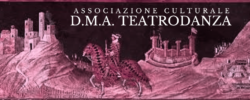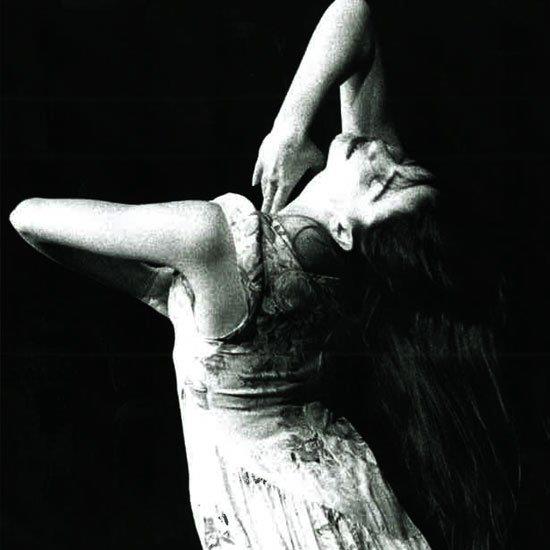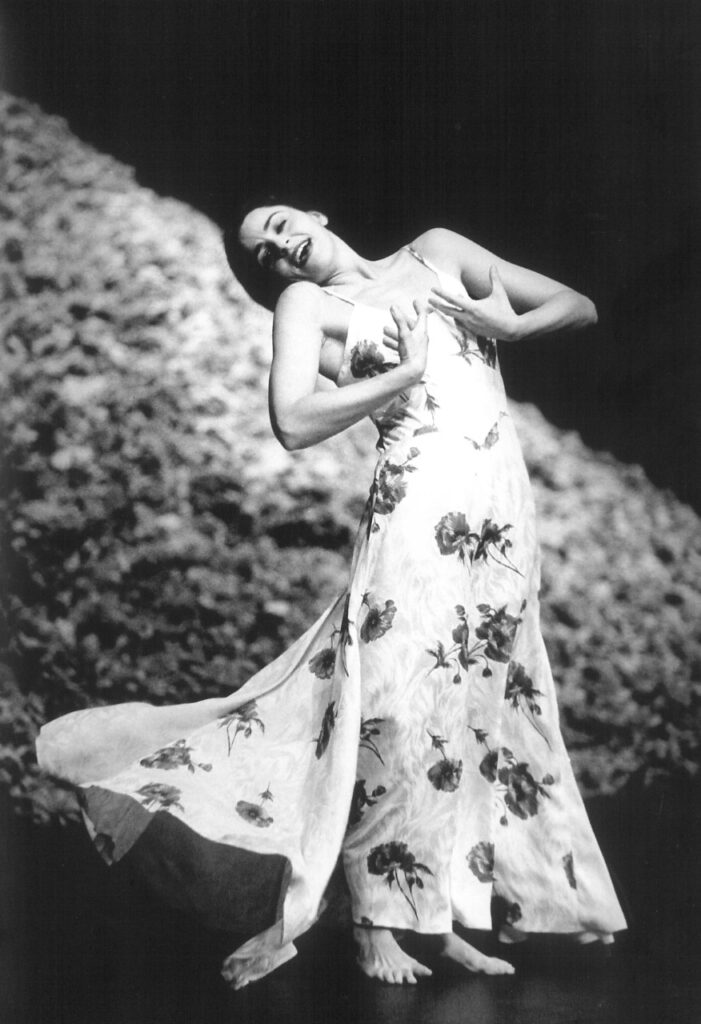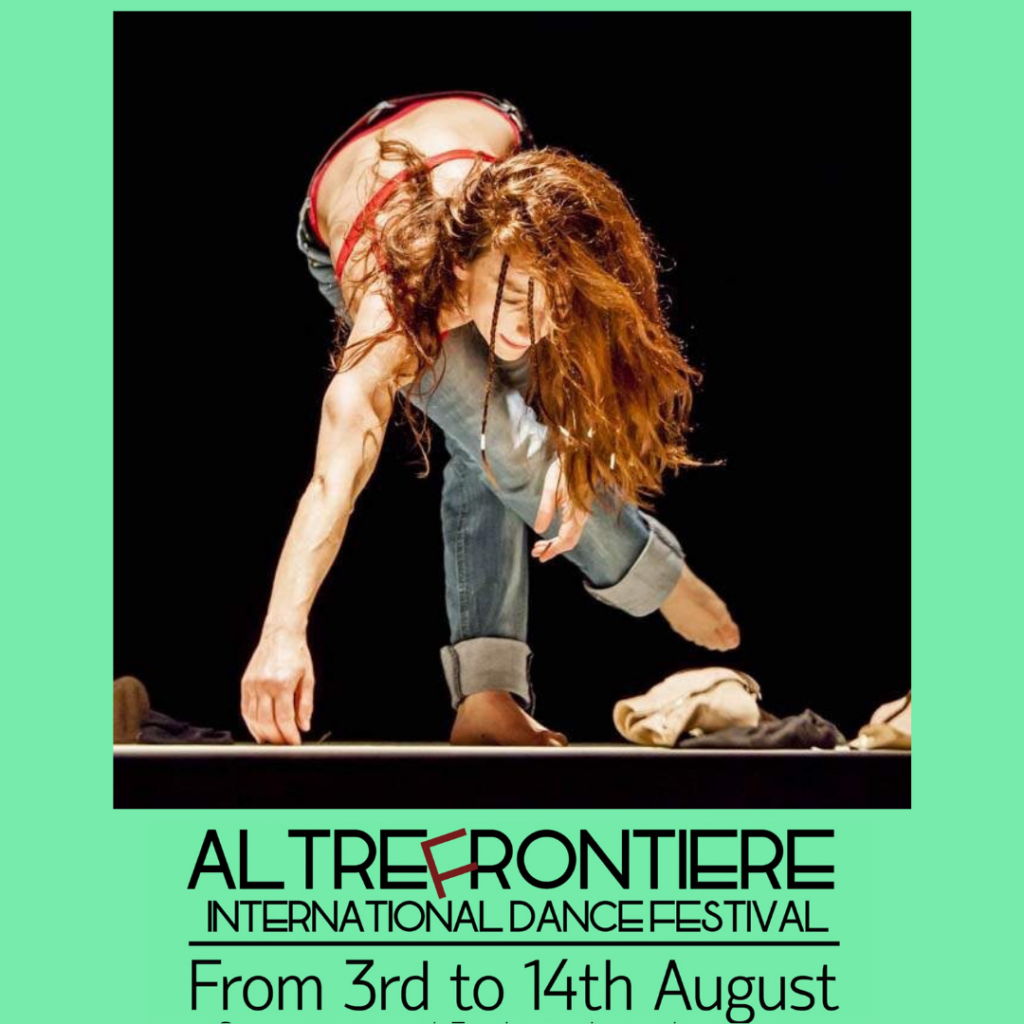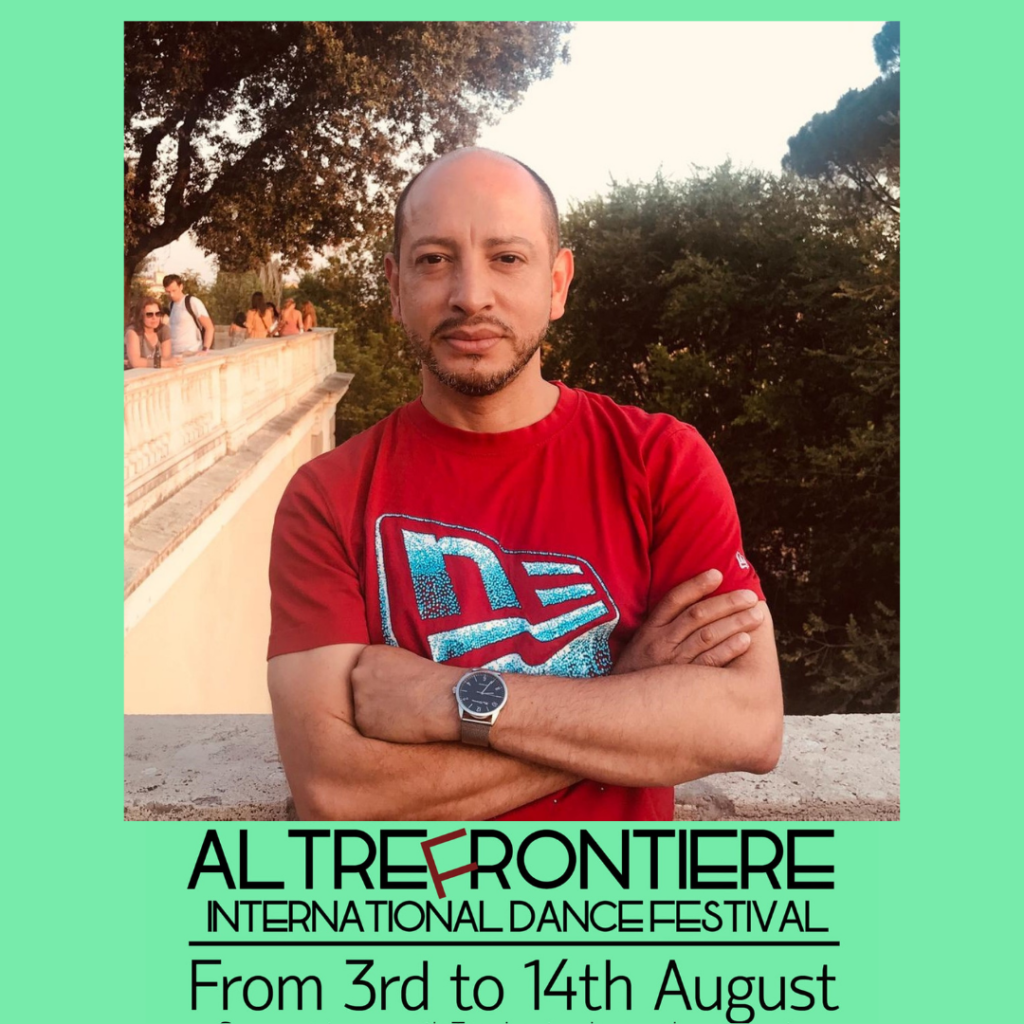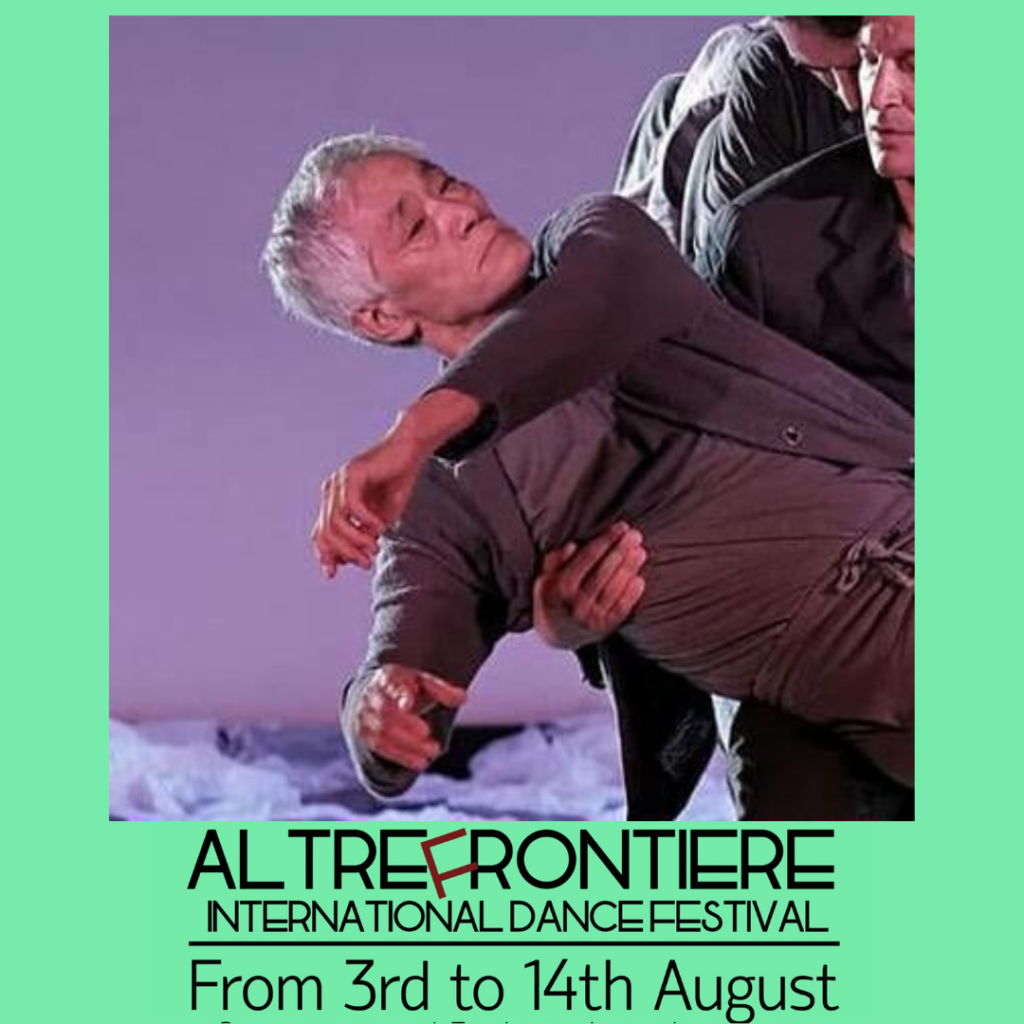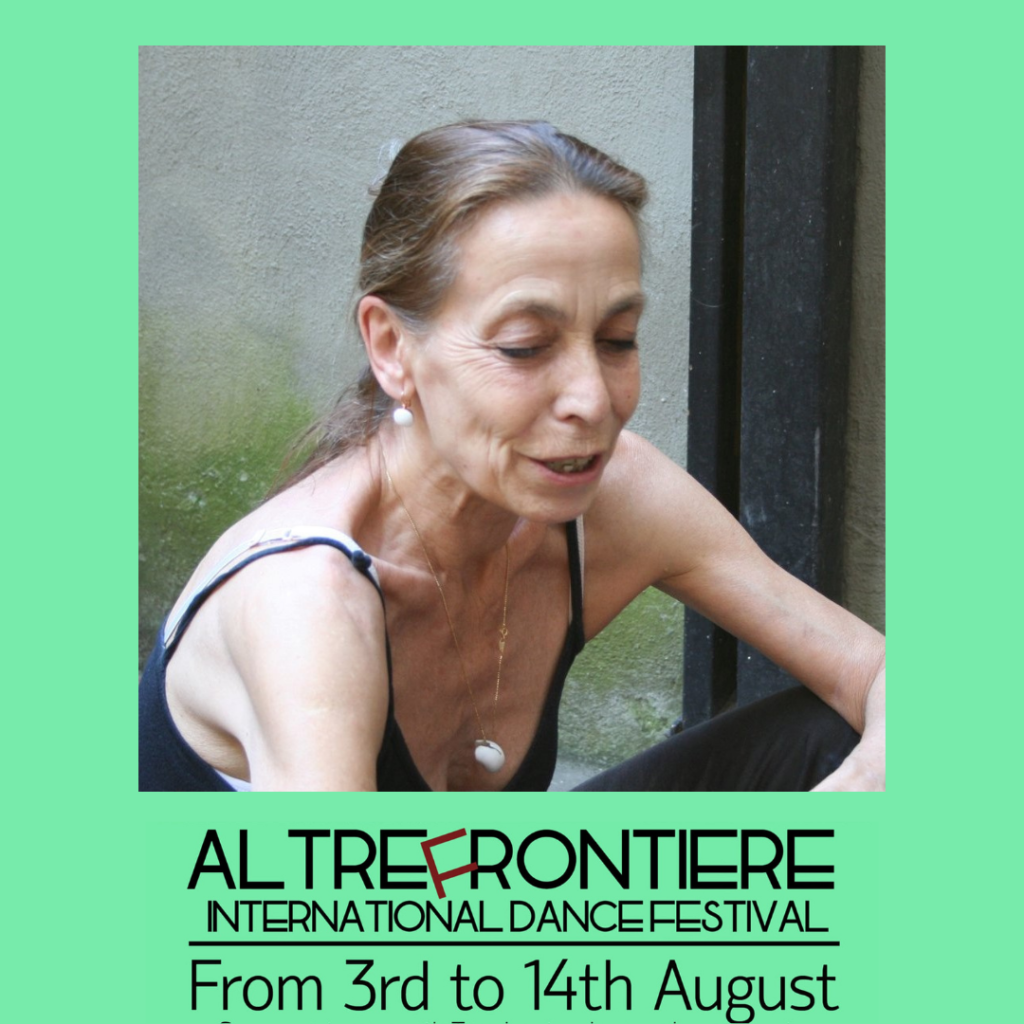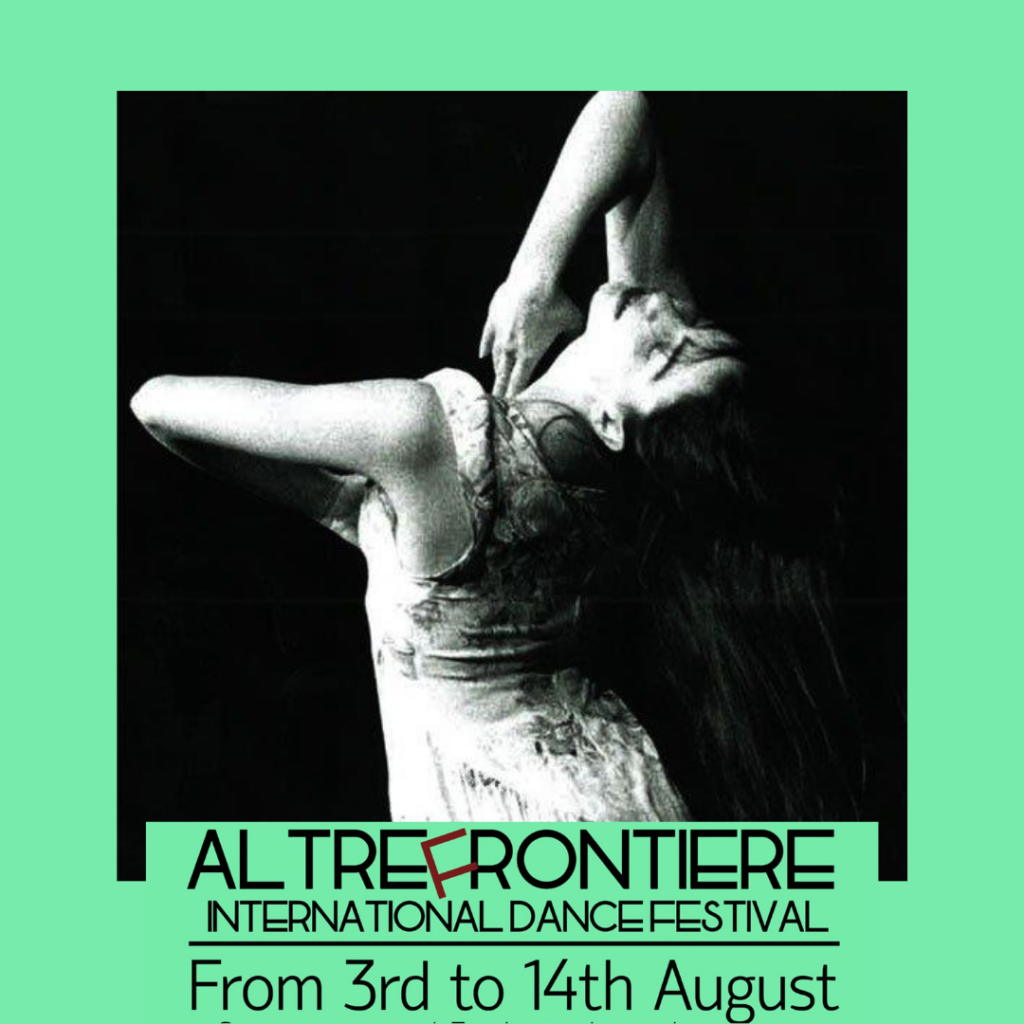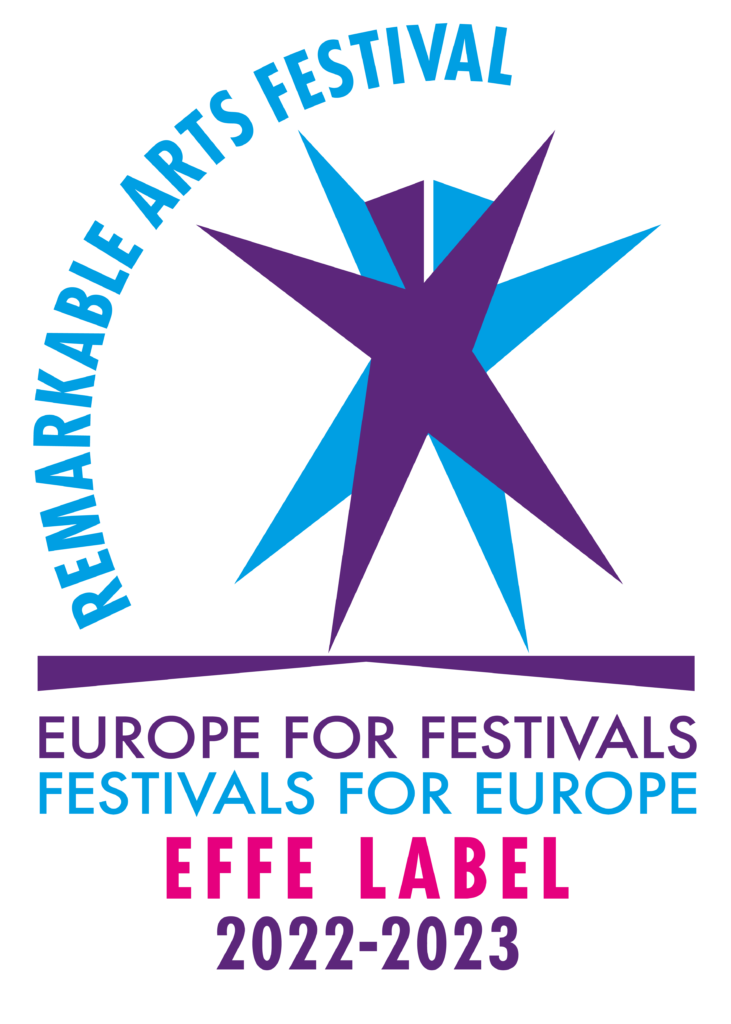ABOUT MARIGIA
Dancer, a member company of Pina Bausch Tanztheater (1989 to 1999).
She began her professional career with the ballet company in the Foundation Niccolo’ Piccinni (J. De Min / Roberto Fascilla). In 1985 participated in the international tour with the dance company of “Danzatori Scalzi” of Rome, takes part in the movie ” Il Giovane Toscanini ” of F. Zeffirelli.
She studied in Rome with Viola Faber, Libby Ney (tecn. Limon) Andre’Peck, Roberta Garrison (tecn. Cunningham), Richard Haisma (Nikolais) Mudra ( Bejart), Matt Mattox (Jazz) e Martha Graham. She participates in the creation of the performance by Giorgio Rossi (Stop Palmizi / Carolin Carlson) at the Festival of Polverigi. She studies the techniques of Jean Cebron (composition / improvisation), Hans Zullig (tecn. Joss) at the Folkwang Hochschule in Essen (directed by Pina Bausch).
She danced with Pina Bausch in 14 different choreography and participated in the new creations of the German choreographer: Tanzabend II (’92), Schiff (’93), Trauerspiel(’94), Danzon(’95) and Fensterputzer(’97). Leaving the company in 1999 but later returned as a guest participating in the festival Tanzteather (2000, 2001, 2002).
In the United States participated in the creation of a theatral work with the company Mutation Theater Project, and teached in the faculty of “American Dance Festival” at Duke University (2003, 2004, 2005). She works with Emilia Romagna Teatro (ERT) in the performance directed by Pippo Delbono, “Dopo la Battaglia”, winner of the UBU Prize as the best 2011 Italian theater performance.
Guest teacher at the Dance Academy: “Dancehouse” in Milano . Artistic director: Susanna Beltrami (2016).
She works in collaboration with Pina Bausch Foundation giving workshops in occasion of two big expositions dedicated to Pina at the Bundeskunsthalle in Bonn and at the Gropius Bau in Berlin (2015-2016).
She works as freelance giving workshops and master classes in Italy and Europe.
What will she bring to Altrefrontiere?
The days are divided into two moments: a technical part that draws on both the work of Hans Zullig and the work of Jean Cebron and a time dedicated to the laboratory.
The experimental research will be stimulated through themes and questions that will lead to an inner survey, a sensitization on multiple levels and in relation to the environment or what surrounds us, developing the awareness of our own body, the spirit of observation, the compositional-creative spirit.
